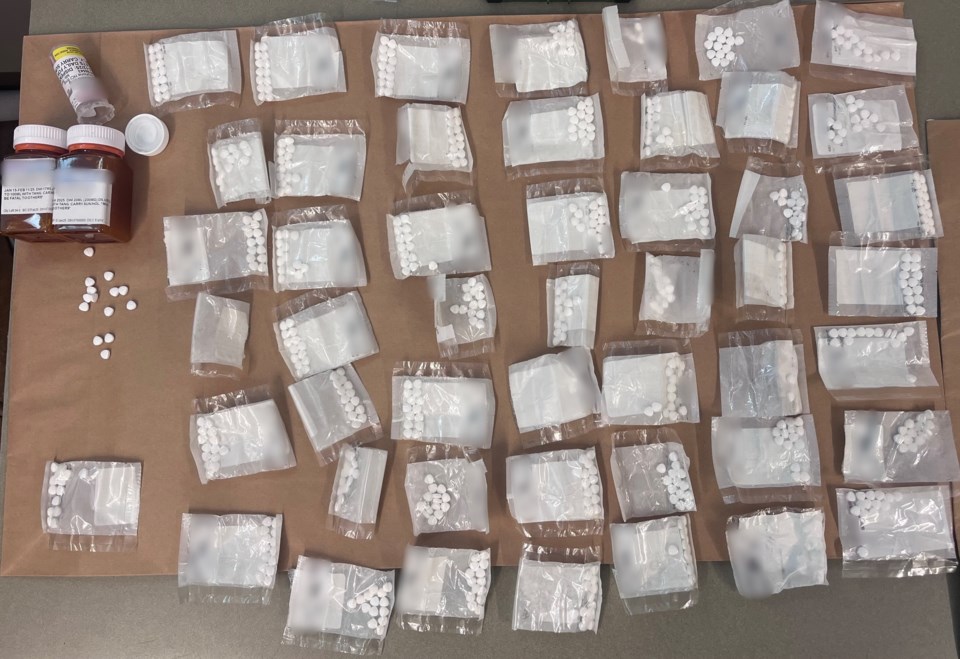The BC government is ramping up efforts to make sure prescribed opioids don't wind up in the hands of drug dealers in response to concerns about illegal activities linked to the province’s "safe supply" initiative.
The Ministry of Health recently confirmed that taxpayer-funded opioids are being diverted to the streets, a concern long voiced by critics of the NDP’s drug policies.
Health Minister Josie Osborne announced new measures Wednesday, Feb. 19 to revise the Prescribed Alternatives Program, requiring that all prescribed alternatives — medications like hydromorphone — be consumed in the presence of a healthcare professional.
This change aims to ensure that these medications reach their intended recipients and are not diverted to the illegal market. The policy is set to be implemented immediately for new patients, with existing patients being transitioned to the new system over time.
“We are committed to saving lives and ensuring those suffering from addiction get the treatment they need,” Osborne said in a statement accompanying the announcement. “However, we need to make sure that these prescribed alternatives are being used by the people they are meant for. This new requirement will eliminate the risk of these medications falling into the hands of gangs and organized crime.”
Earlier in the week before the announcement, Prince George-North Cariboo MLA Sheldon Clare criticized the government's “safe supply” policies, which he said are fuelling the illicit drug trade locally and exacerbating the overdose crisis.
“The NDP’s policies of decriminalization and so-called ‘safe supply’ are driven by ideology, not results,” Clare stated. “Instead of reducing overdoses, they are pumping even more dangerous drugs into communities, and even the government’s own reports now admit it.”
The recent seizure of more than 700 suspected pharmaceuticals and illicit drugs, including fentanyl and methadone by the Prince George RCMP further heightened these concerns.
The province’s Special Investigative Unit has been working with the College of Pharmacists of BC and law enforcement to investigate suspicious pharmacy activity. More than 60 pharmacies are currently under investigation for potential misuse of fee-for-service payments and illegal inducements.
The government announced it is also overhauling the fee structure for pharmacies to reduce financial incentives for bad actors, who have been accused of attracting patients through illegal kickbacks. No such allegations have been made about any local pharmacies.
Northern Health nurses have also voiced concerns about rising violence in healthcare settings, a situation they say is exacerbated by the NDP’s failure to control drug-related crime.
“Healthcare workers don’t feel safe, and that’s a direct result of the NDP’s soft-on-crime approach,” said Prince George-Mackenzie MLA Kiel Giddens, the Conservative labour critic.
Prince George-Valemount MLA Rosalyn Bird called for a shift towards a treatment-first approach that combines responsible harm reduction with real pathways to recovery.
“The province should be focused on treatment, not enabling drug trafficking,” she said.
In addition to the new consumption rules, the province is focused on reducing opioid over-prescribing across the healthcare system.
The Ministry of Health reported that, in December 2024, 97 per cent of opioid prescriptions in the province were unrelated to prescribed alternatives, such as pain management.
A new working group will be formed with the College of Physicians and Surgeons and the College of Nurses and Midwives to investigate and reduce inappropriate prescribing practices.



